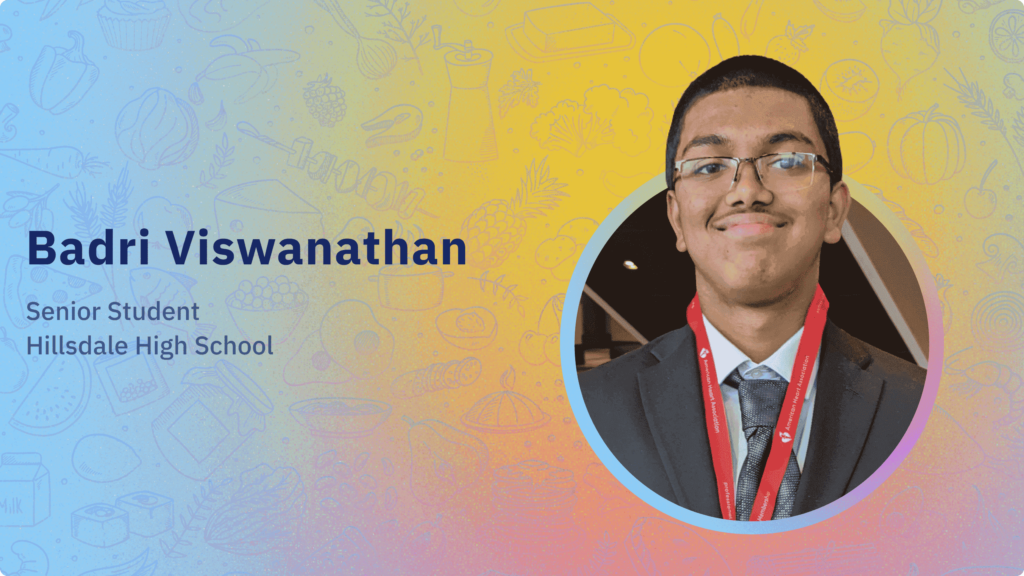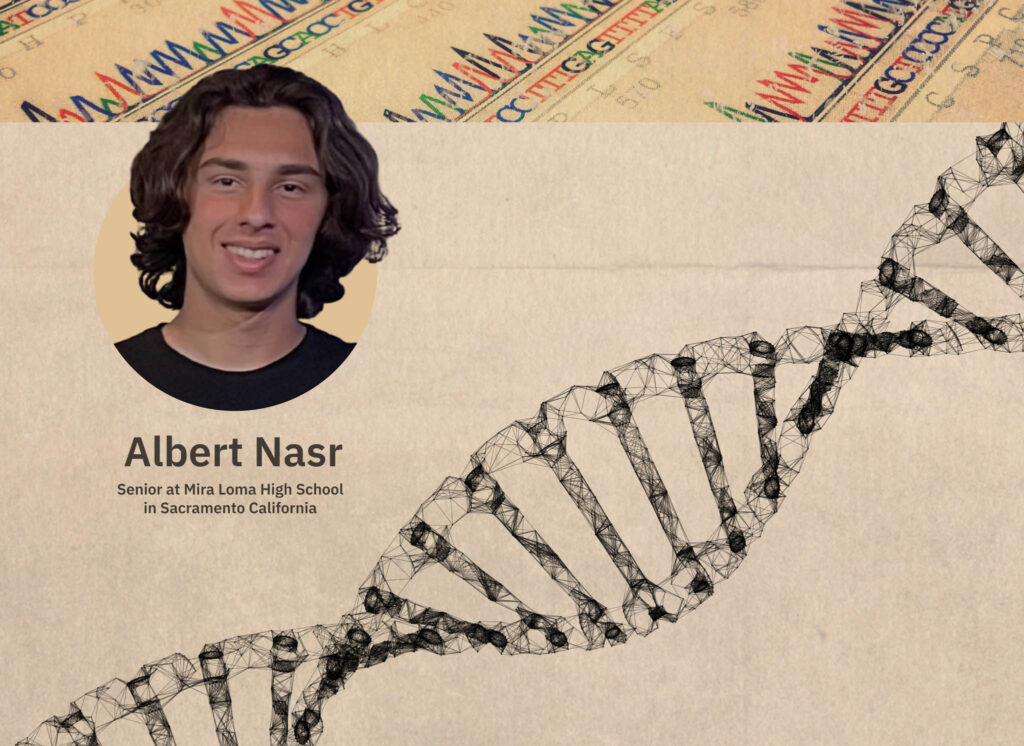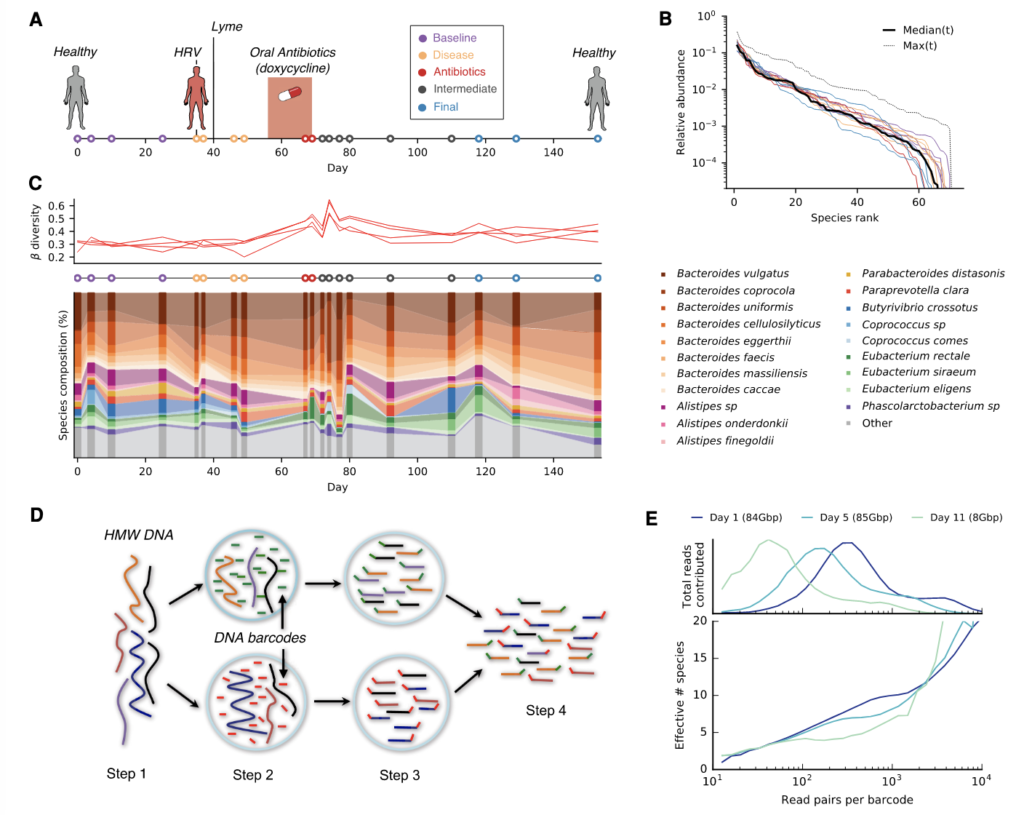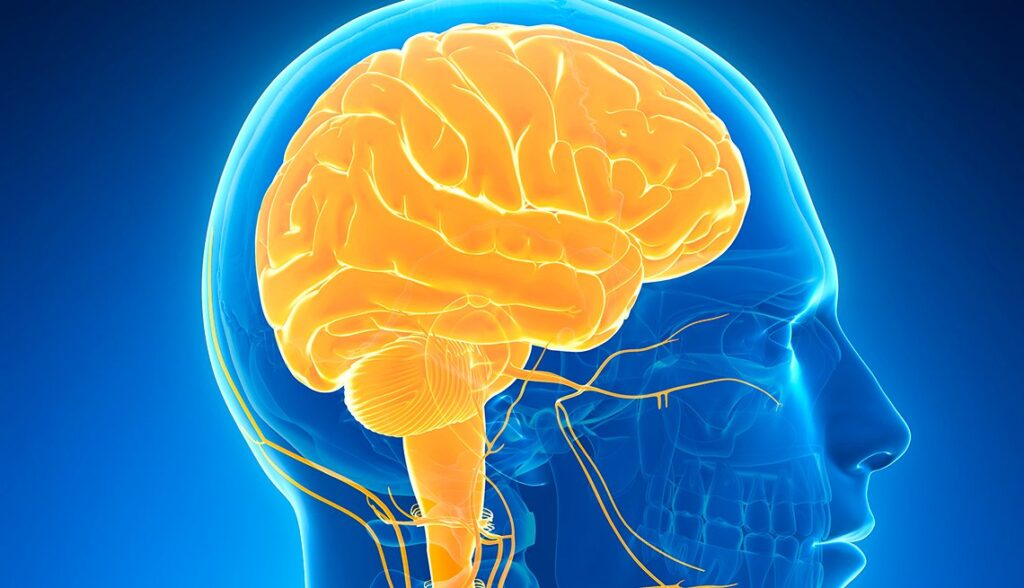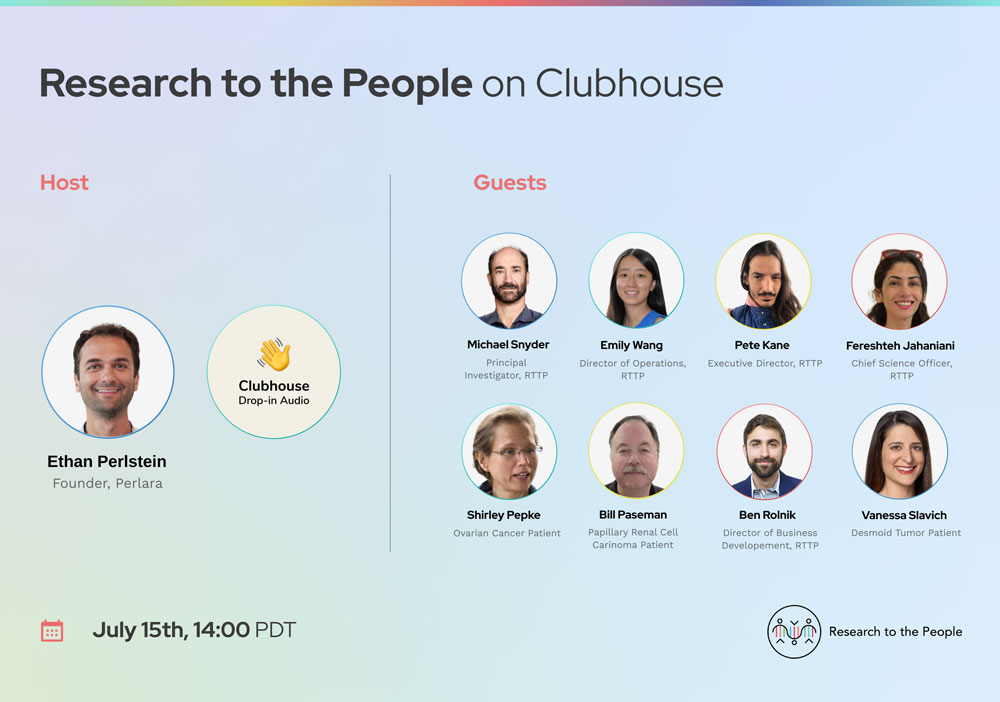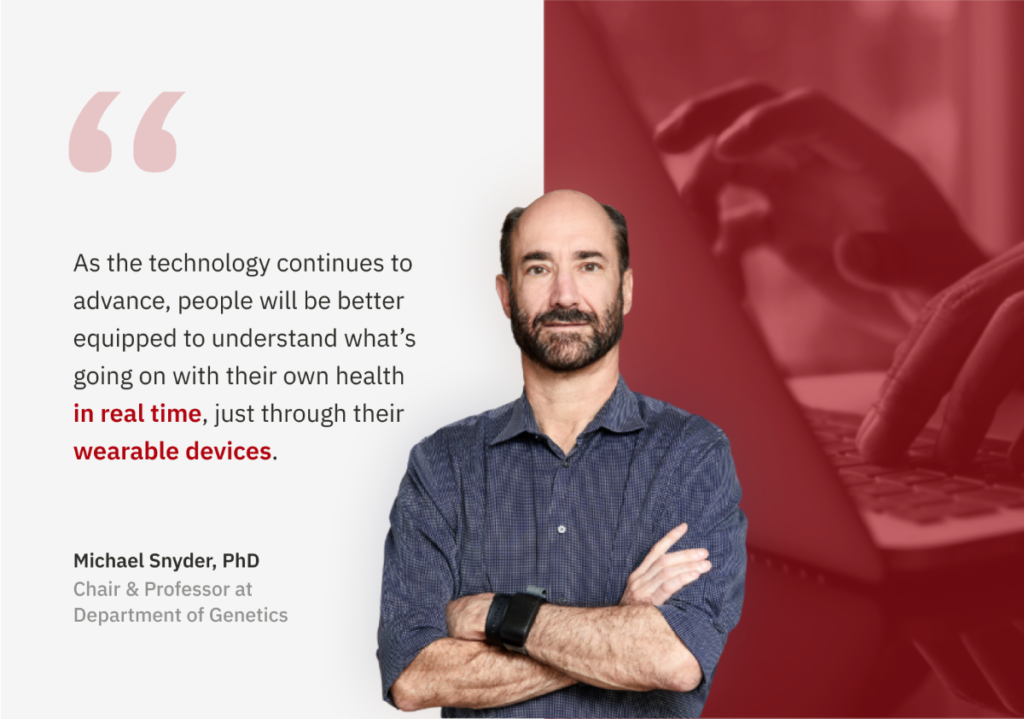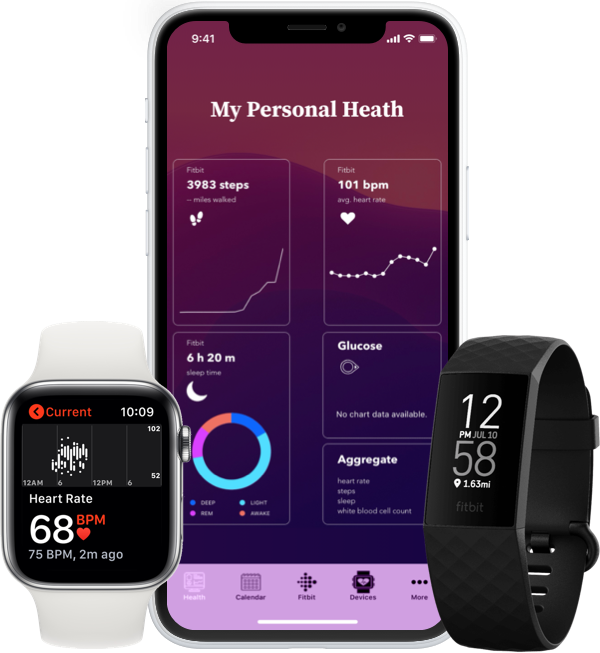In November, we honored Keith Humphreys and Patrick J. Kennedy with the Mental Health Innovations (“Mentee”) Award for Excellence in Mental Health Policy for their outstanding work in mental health and addiction research and policy. Both advocates gathered for an insightful fireside chat at the Stanford Healthcare Innovation Lab’s second Mental Healthcare Innovations Summit.

As the Esther Ting Memorial Professor at Stanford University’s School of Medicine and Commission Chair of the Stanford-Lancet Commission on the North American Opioid Crisis, Humphreys researches both macro and micro-scale interventions for various addictive and psychiatric disorders—enhancing the efficacy of professionally administered treatments, peer-driven support groups, and public policies revolving addiction and mental health.
His work as the Co-Chair of the Stanford Network on Addiction Policy serves as an emblem of his transformative work in cultivating bridges between brain researchers and policymakers—enabling leading figures to work hand in hand to bolster scientifically informed policies that enhance the treatment and prevention of substance use disorders.
Dr. Humphreys has also served on the White House Commission of Drug-Free Communities during the Bush Administration and as Senior Policy Advisor in the White House Office of National Drug Control Policy under President Obama, where he advanced public policies regarding addictive substances by honing the intersections of science and policy. Beyond his undeniable impacts in improving nationwide mental health in the United States, Humphreys’s work transcends internationally. Named as the Honorary Officer in the Order of the British Empire in 2022 by Queen Elizabeth, Dr. Humphreys has been involved in addiction science and policy in the United Kingdom—positioning him as a unifying leader in transforming public policies regarding mental health worldwide.
Mental health advocate and scientist, Dr. Keith Humphreys, is working diligently toward dismantling the stigma associated with mental health and improving the dissemination of evidence-based mental health practices across the nation and beyond—bridging the gap between science and policy.
Patrick J. Kennedy has also emerged as one of the nation’s most influential voices for mental health reform. Yet, beyond his political achievements and fervent mental health advocacy, Kennedy serves as a pillar of vulnerability and transparency needed to dismantle the mental health stigma that impacts each and every one of us.
As Kennedy states in his New York Times bestseller, “A Common Struggle: A Personal Journey Through the Past and Future of Mental Illness and Addiction,” he is driven to “aggressively tie [his] personal story to [his] ongoing legislative fight for mental health parity.”
During his time in Congress, Kennedy was the lead author of the landmark Mental Health Parity and Addiction Equity Act (Federal Parity Law), which requires insurers to cover treatment for mental health and substance use disorders no more restrictively than treatment for illnesses of the body. Kennedy’s congressional work and courageous authorship, coupled with his transparency and vulnerability surrounding his own lived experiences, position him as a prominent figure in transforming the trajectory of mental health care in America.
His courage to speak openly about confronting chronic mood disorders has encouraged countless others to share their stories and seek help—exemplifying how one person’s willingness to come forward can seed a more compassionate, informed national dialogue on mental health. His own triumph in managing mental health challenges serves as an inspiration to keep fighting for the rights and dignity of all who live with mental illness.
Since his time in Congress, Kennedy has dedicated the past decade to merging medicine, politics, economics, and raw human connection in mental healthcare and brain research. Whether connecting advocates, business leaders, and government agencies through his nonprofit organization—The Kennedy Forum—or serving on the President’s Commission on Combating Drug Addiction and the Opioid Crisis in 2017, Kennedy remains true to one core goal: inspiring a “one-minded” approach to remind people that mental health is a common, shared struggle.
When discussing the political landscape of the future of mental healthcare at our Summit, Humphreys emphasizes the future of implementing the Mental Health Parity law, revealing that people are still being denied adequate mental health care, because “once a law passes, that’s not the end of the fight; that’s the beginning.” Adding on to Humphreys, Kennedy refers to Fredrick Douglas’s quote, “power concedes nothing without demand,” emphasizing that “this has to be a political movement” where we demand insurers to cover treatment for mental health with the same affinity as physical health.
Both Kenedy and Humphreys left us with seeds of inspiration and hope concerning the implementation of mental health care across the nation, emphasizing that this common struggle of mental health challenges serves as a “unifying thread,” allowing us to overcome the “incredible polarization” we see in our government.
Throughout their insightful conversation, Kennedy and Humphreys also shared their perspectives on the intersections of innovation and mental health. Kennedy highlights the importance of biomarkers through the innovation of remote sensing, which serves as a “game-changer” in providing crucial signaling for mental health professionals, treatment providers, and peer supporters to track an individual’s recovery progress. Both advocates left us with one, key takeaway: Innovation carries both an imperative and transformative role in charting the future of mental health care.
For their change-making work in enhancing mental health-related legislation, research, and implementation, we recognize both Keith Humphreys and Patrick J. Kennedy as “game-changers,” charting the future of mental health policy.
Watch the full fireside chat below.
Niku Sedarat is an avid youth mental health advocate and psychology-enthusiast, aiming to combat the youth mental health crisis. She is also the Founder and Executive Director of Unité, an organization committed to eradicating the stigma around mental health and fostering emotional resilience through enhanced psychoeducational resources. Leveraging a youth-driven and awareness-centric approach, Niku aims to use the power of psychoeducation as an intervention, equipping youth with the tools they need to navigate adversity with an improved sense of resilience. Niku is also the author of two books on mental health. Her first book, “Let’s Talk: Your Mental Health Matters,” is a non-fiction publication designed to empower adolescents with essential knowledge about their mental well-being, while her second publication, “Up, Up, & Away We Let Them Go” is a children’s book created to impart crucial lessons on emotional regulation and social skills to young minds. Above all, Niku’s mission is to cultivate a community in which our shared experience of mental health is nurtured and uplifted.




